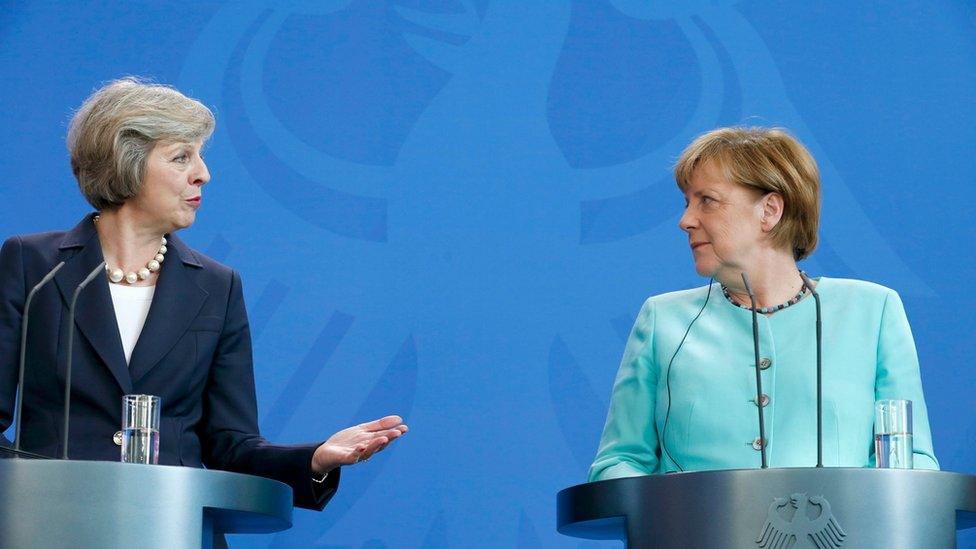Brexit: IDS urges EU exit talks 'as soon as possible'
- Published
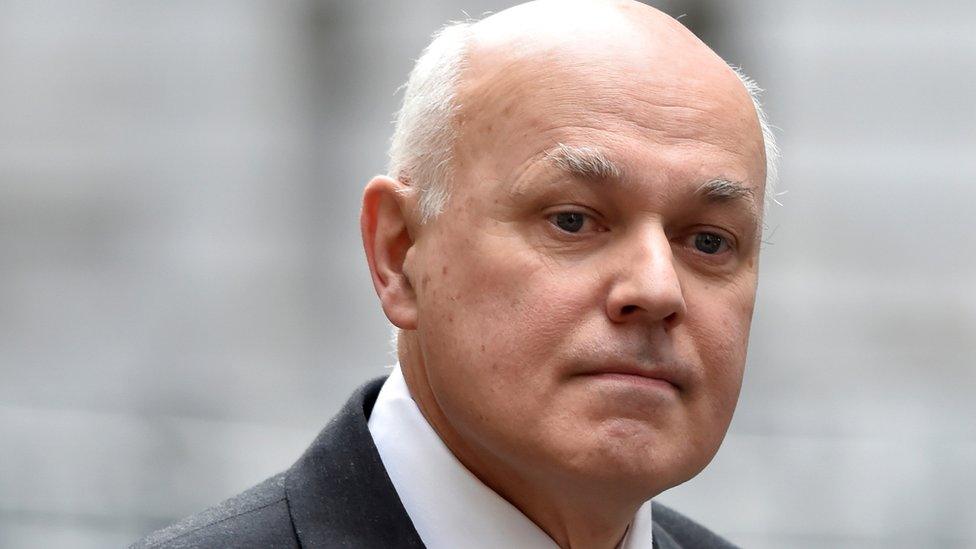
Mr Duncan Smith warned ministers not to try to negotiate some form of "EU-lite" agreement
Prime Minister Theresa May should begin formal negotiations for the UK to leave the EU "as soon as possible", Iain Duncan Smith has said.
Writing in the Sun on Sunday, external, the Brexit campaigner accused Remain supporters of trying to delay a triggering of Article 50, which starts the two-year process to leave the EU.
It comes after Mrs May said she would not trigger Article 50 this year.
Mr Duncan Smith said she should start the process "early" in 2017.
Waiting for forthcoming elections to take place in Germany and France would be "another attempt to turn this referendum result into a 'neverendum'," the former work and pensions secretary said.
"For too long membership of the EU sapped our sense of self-worth and our self-confidence. Now we have the chance to believe in Britain again," he wrote.
"Let us leave as soon as possible, so that we can get on and make the most of our new found independence."
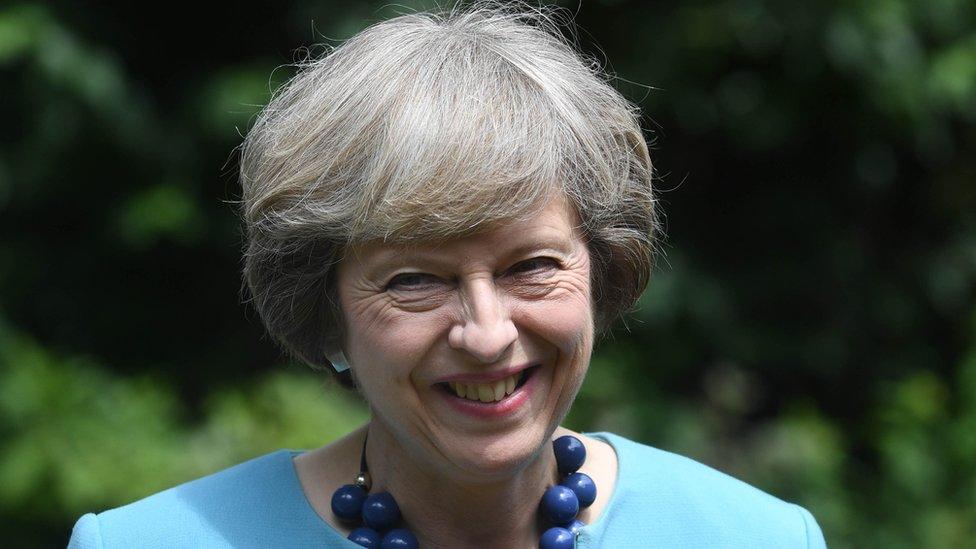
Theresa May has said Article 50 will not be triggered until next year.
Speaking in Berlin last month, Mrs May said securing a "sensible and orderly departure" from the EU would take time.
She also insisted that the UK would not "walk away" from Europe and wanted to retain the "closest economic links".
Mrs May said the UK was in no rush to trigger the process for leaving the EU, saying that although "this would not please everyone" it was right to hold off until the UK's "objectives were clear".
The German and French leaders have suggested no special exceptions can be made for Britain in terms of continued access to the EU's single market if, as Mrs May has insisted, the UK seeks controls on freedom of movement rules.
But Mr Duncan Smith warned ministers not to try to negotiate some form of "EU-lite" agreement which would see Britain remain subject to European law.
This would be to "ignore the clear message delivered by the millions of citizens who voted for Leave," he said.
"Tired of handing over billions of their hard-earned money to the wasteful EU bureaucrats, it [the referendum result] was an order from the British people to Britain's ruling elite - an order to 'take back control'.
"That, simply put, means control of our borders, our trade arrangements, our money and our laws," he said.
Brexit 'returns control'
Mr Duncan Smith also insisted Britain did not need a deal which allowed it to remain part of the European single market, arguing there was a "strong case" in economic terms for leaving.
He said that Britain did not need to be a member of the single market to trade with it, and may well be better off outside.
"Being outside returns control over laws and borders and frees the UK from EU regulations, its external tariff and allows us, as a service sector economy, to position ourselves globally, set our trade deals and compete internationally, particularly in financial services."
The first time that Mrs May will face all 27 other EU leaders at the same time will be at October's European Council meeting.
- Published27 July 2016
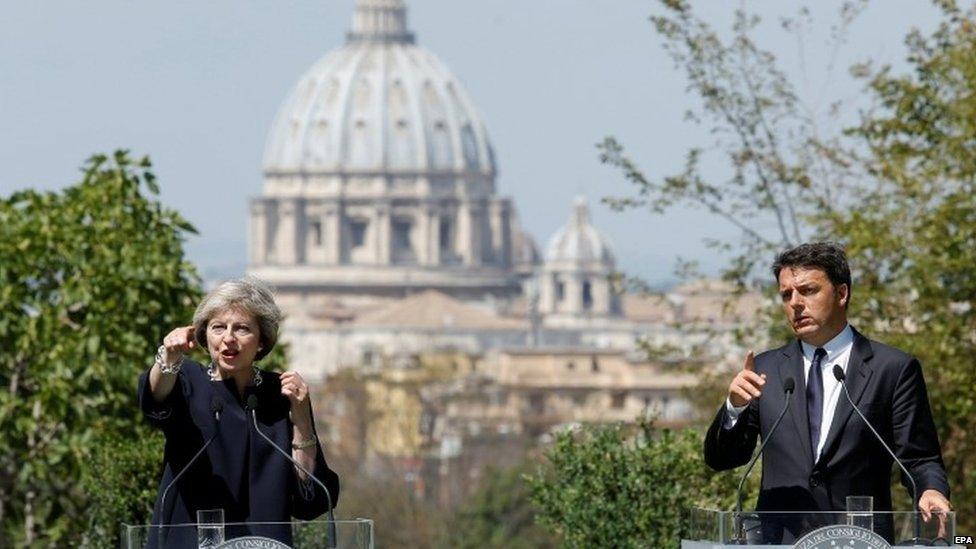
- Published27 July 2016
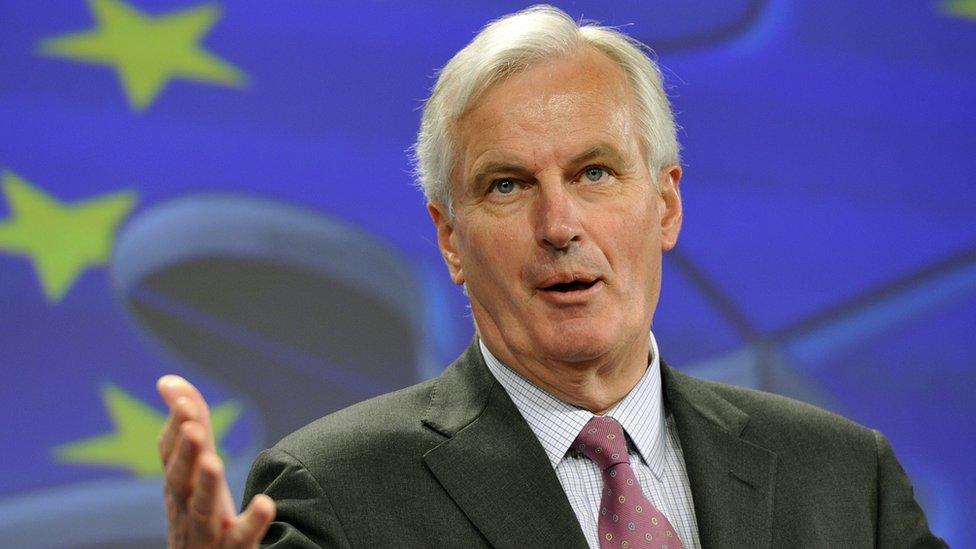
- Published20 July 2016
